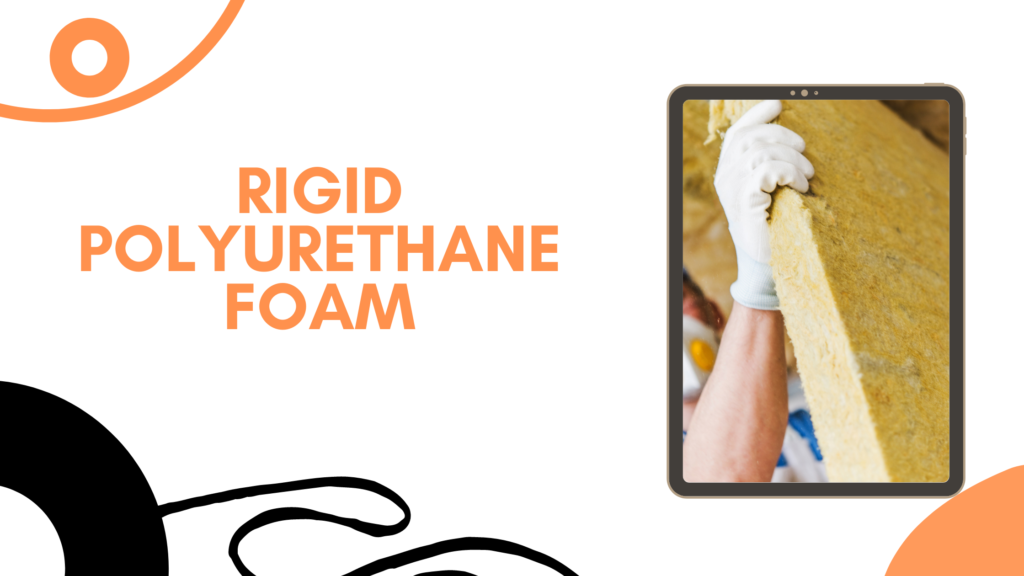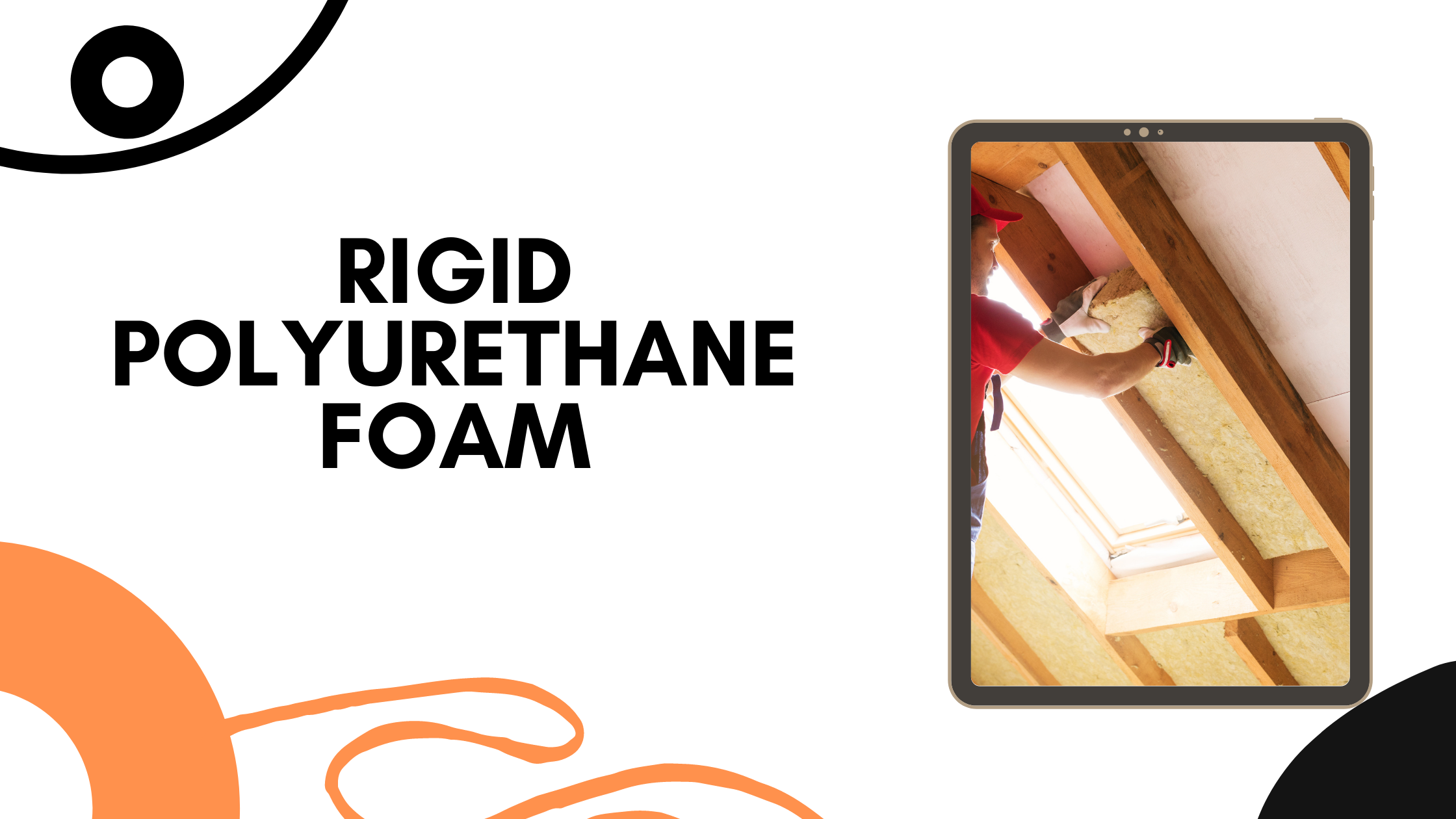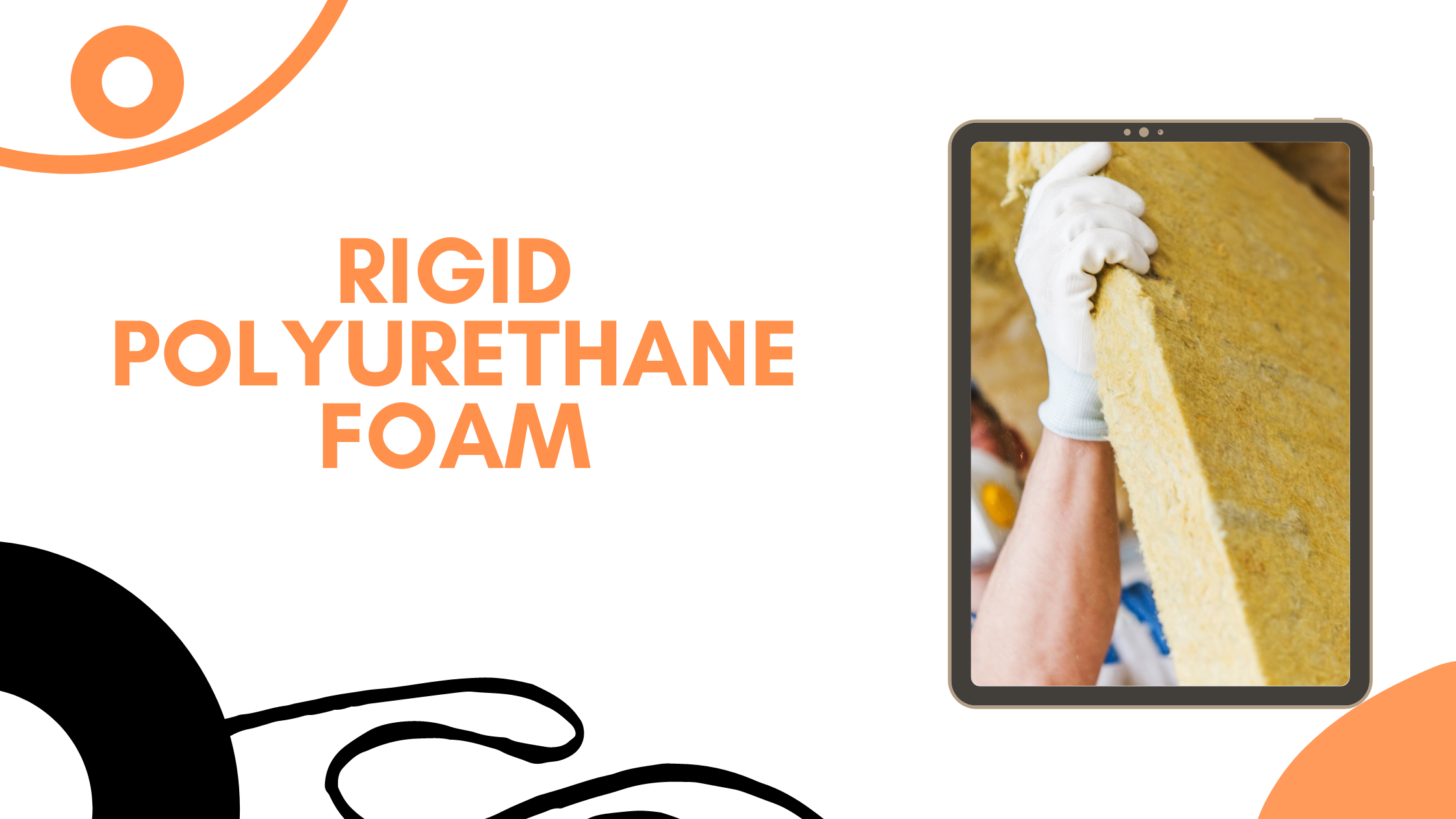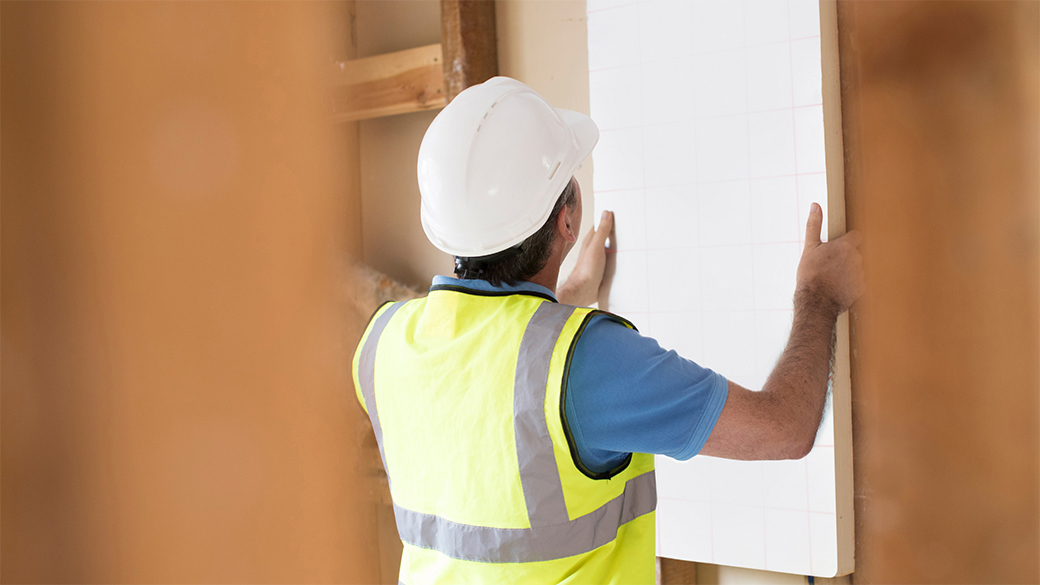For customers in the construction industry, you may have possibly heard that polyurethane is anything but a sustainable material and that it has a high environmental impact.
The environmental benefits of rigid polyurethane foam are significant and include increasing energy efficiency and reductions in energy-efficient construction costs, reducing project weight, and savings of all the construction constituents that the material replaces.
Insulation systems help to reduce or avoid energy losses in buildings, bringing about energy savings and increased energy efficiency.
It is known that the construction industry is aiming to be more environmentally friendly and one of the ways they are doing this is by utilizing polyurethane. Polyurethane doesn’t comprise any synthetic substances that affect endocrine systems, and it does not contribute to the PH change in soil or water. It does not spill and sully into water nor does it corrode the soil.
Can polyurethane Foam be recycled?
Polyurethane foam is recyclable and, in fact, through the chemical recycling of polyurethane waste, new raw material is obtained to produce polyurethane again. The waste is treated with substances and cellulose. The result can be utilized in insulating panels and can be transformed into packaging material for polyurethane products.
Likewise, this raw material can also be reused in different sectors and with other uses, for instance, for the development of exteriors, furniture, and vehicles amongst others.
On the other hand, polyurethane waste that cannot be recycled can be used to obtain energy and generate power in incinerators, as they contain a lot of energy inside.






